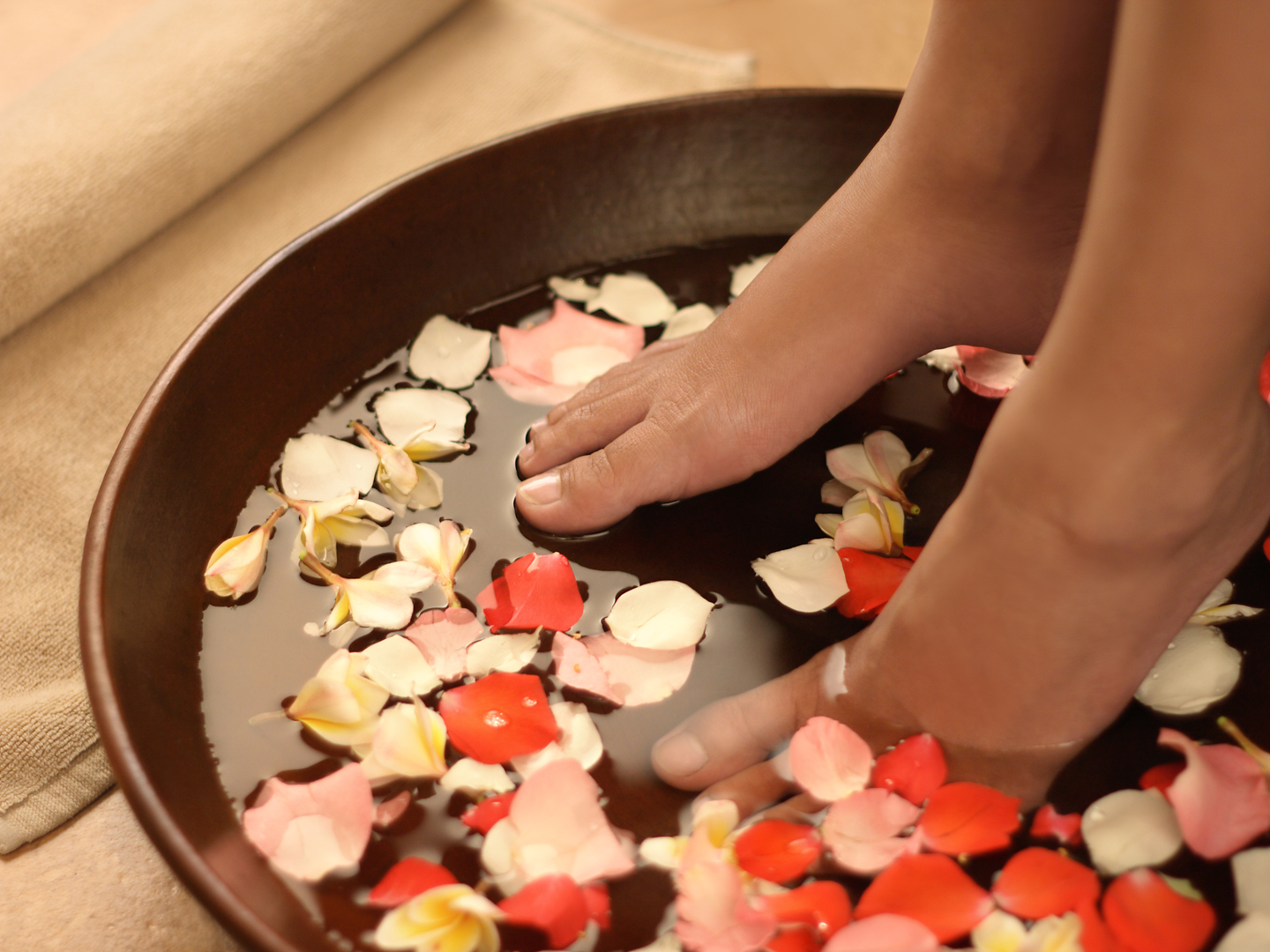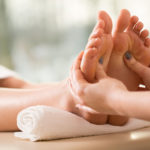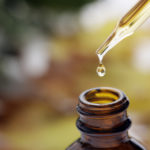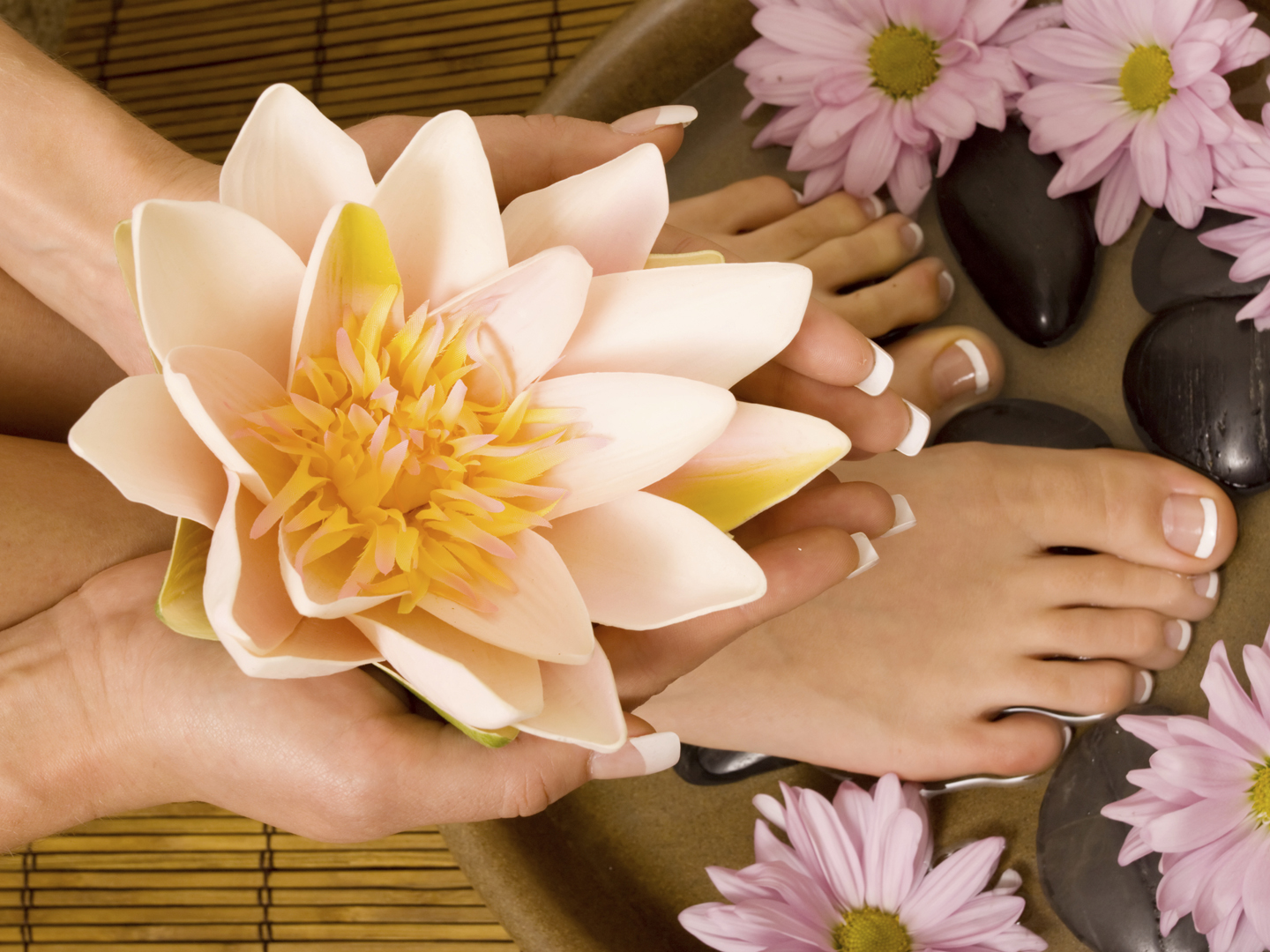Natural Cure For Smelly Feet?
My niece, age 12, has really, really smelly feet. Nothing we have tried has worked. Is there something she can do or take to overcome this embarrassing situation?
Andrew Weil, M.D. | June 14, 2011
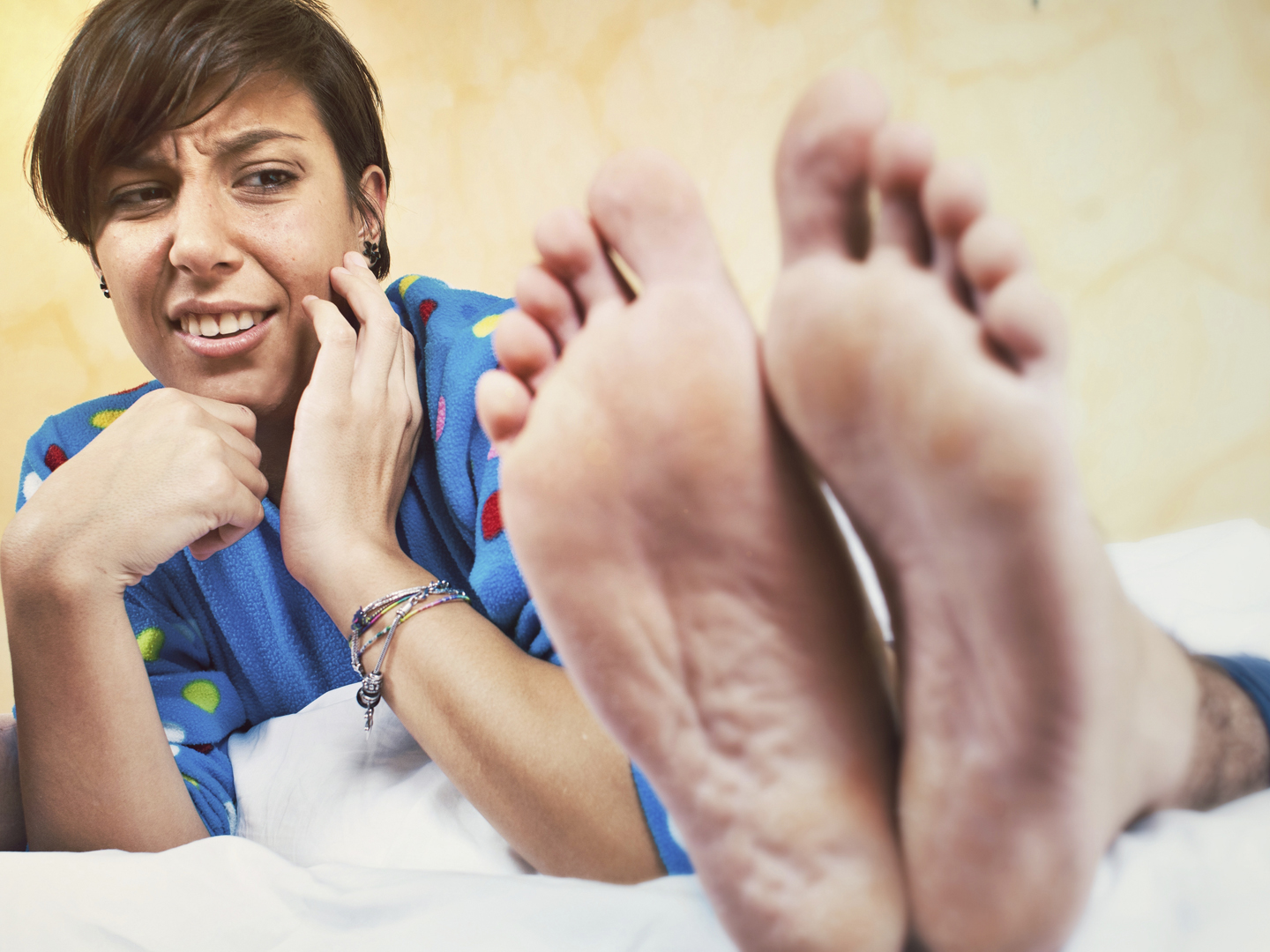
Originally published 2/26/2010.
Between 10 and 15 percent of the population shares your niece’s problem. Normally, feet smell because they sweat inside shoes; bacteria then break down the sweat, producing compounds responsible for the offensive odor. There are more than a quarter of a million sweat glands in your two feet, more than in any other part of the body, including the underarms. These glands release about a gallon of moisture per week. If you’re barefoot, all this sweat just evaporates, but the buildup of sweat when feet are confined in shoes creates a dark, warm and moist environment perfectly suited for bacteria. In the unlucky 10 to 15 percent whose feet really smell bad all the time, sweat production is excessive, and there is overgrowth of Micrococcus sedentarius, bacteria that in addition to the usual stinky acids also produce volatile sulfur compounds with an even worse odor.
Here are some suggestions that may help reduce sweating and the resulting foot odor:
- Wash your feet daily: Do a thorough job with an antibacterial soap and water and be sure to dry thoroughly, too.
- Wear sweat-absorbing socks: Certain athletic socks are made with special materials to absorb sweat and let the feet breathe. Cotton is acceptable, as well. Be sure to change your socks if they get wet.
- Make sure your shoes fit properly: If they’re too tight, feet may sweat excessively.
- Switch shoes. Don’t wear the same pair every day and be sure to let shoes dry for a couple days before putting them on again. Letting them dry in the sun can help kill bacteria.
- Wash sneakers: If yours are washable, throw them in the machine – laundering can kill odors. Make sure sneakers are completely dry before wearing them.
- Avoid plastic shoes: They don’t let your feet breathe.
- Go barefoot when you can: Exposing feet to the air can help sweat evaporate.
If those measures don’t help, see your physician or a podiatrist, who may prescribe a 20 percent solution of aluminum chloride hexahydrate to control excess sweating. You apply it to your feet at night. In addition, treatment with a device that passes a small electrical current through the skin can reduce sweating for several weeks, and Botox injections can also help by interfering with the activity of sweat glands.
Andrew Weil, M.D.






